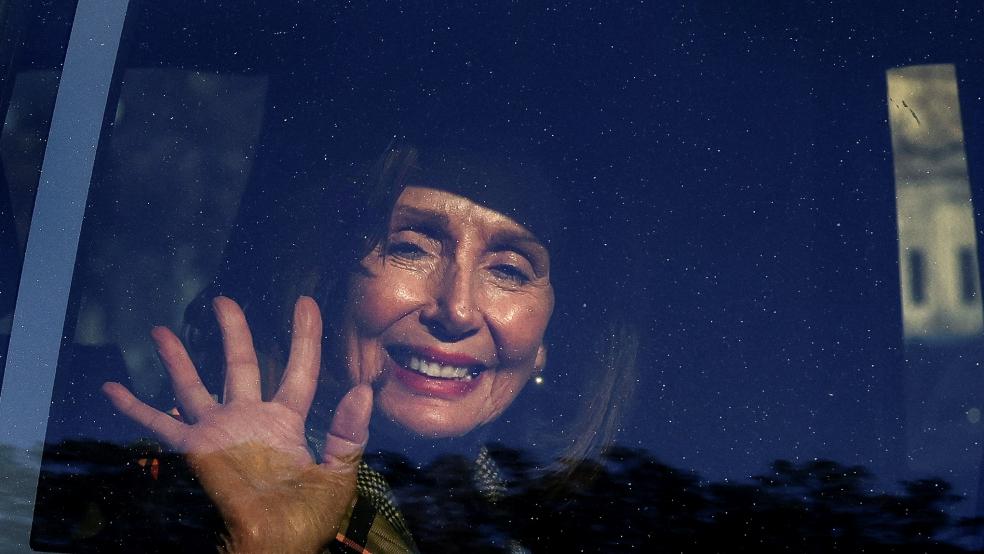In the final vote of the 117th Congress, the House on Friday passed the $1.7 trillion package funding the government through the fiscal year that ends in September. The Senate approved the so=called omnibus on Thursday and it will now head to President Joe Biden’s desk.
The 4,155-page bill boosts discretionary federal spending by about 9% over fiscal year 2022 levels, including a roughly 10% increase in defense spending to $858 billion and a 4.6% pay increase for military servicemembers. It provides about $772.5 billion in nondefense discretionary funding, with $47.5 billion for the National Institutes of Health and $9.2 billion for the Centers for Disease Control and Prevention. It also includes $85 billion in aid to Ukraine and disaster relief as well as an electoral count reform and a host of other year-end priorities. On the other hand, it does not include a number of priorities for both parties, including some popular tax breaks.
Friday’s action also prevents a government shutdown at midnight, when current funding expires, as lawmakers approved a stopgap extension of funding through December 30, allowing time for the larger full-year bill to be processed and sent to the president.
The package was approved by a vote of 225-201, largely along party lines. Nine Republicans joined Democrats in supporting the bill while one Democrat, Rep. Alexandria Ocasio-Cortez of New York, voted against it and another, Rep. Rashida Tlaib of Michigan, voting present. Many House members voted by proxy, taking advantage of a pandemic-era option introduced by Democrats that Republican plan to eliminate when they take control of the chamber next year.
House Republicans were not involved in negotiating the spending package and conservatives blasted the 18 Senate Republicans who had supported it. In a lengthy speech before the vote, House Minority Leader Kevin McCarthy (R-CA), who is looking to become the next speaker in the face of opposition from a handful of right-wing Republicans, railed against the package, the process used to pass it and the past two years of Democratic control of Congress.
“This is a monstrosity. That is one of the most shameful acts I’ve ever seen in his body,” McCarthy said. “The appropriations process has failed the American public, and there’s no greater example of the nail in the coffin of the greatest failure of a one-party rule of the House, the Senate and the presidency.”
Rep. Jim McGovern (D-MA), the House Rules Committee chair, took a jab at McCarthy in response. “After listening to that, it’s clear he doesn’t have the votes yet,” he said.
Biden signs NDAA: Earlier in the day, President Joe Biden signed the annual defense policy bill that calls for $847 billion in Pentagon and Energy Department spending, including a $45 billion boost to the defense budget he had proposed. The law, passed by Congress with bipartisan support, makrs the 62nd straight year that a defense authorization has been enacted.
This year’s law will also end the administration’s military Covid-19 vaccine mandate, a change that the White House and Pentagon opposed. The bill “doesn’t bar the Pentagon from issuing a new vaccine requirement in the coming months,” Politico’s Connor O’Brien notes, meaning a new vaccine policy could be announced after the current one is repealed. “That would likely spark a battle with the GOP-led House next year, when Republicans are expected to continue to press the Pentagon over reinstating troops who were kicked out and giving them back pay.”
The bottom line: With Friday’s vote, we can bid goodbye to the 117th Congress and look ahead to what’s more than likely to be a turbulent 118th.





